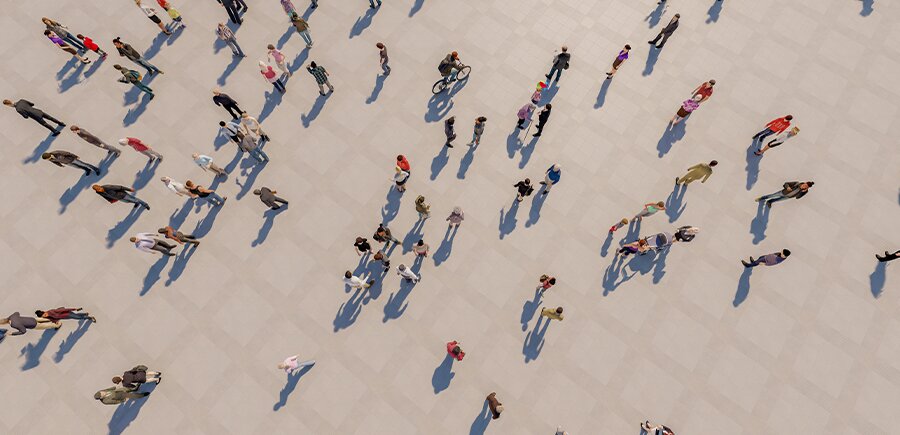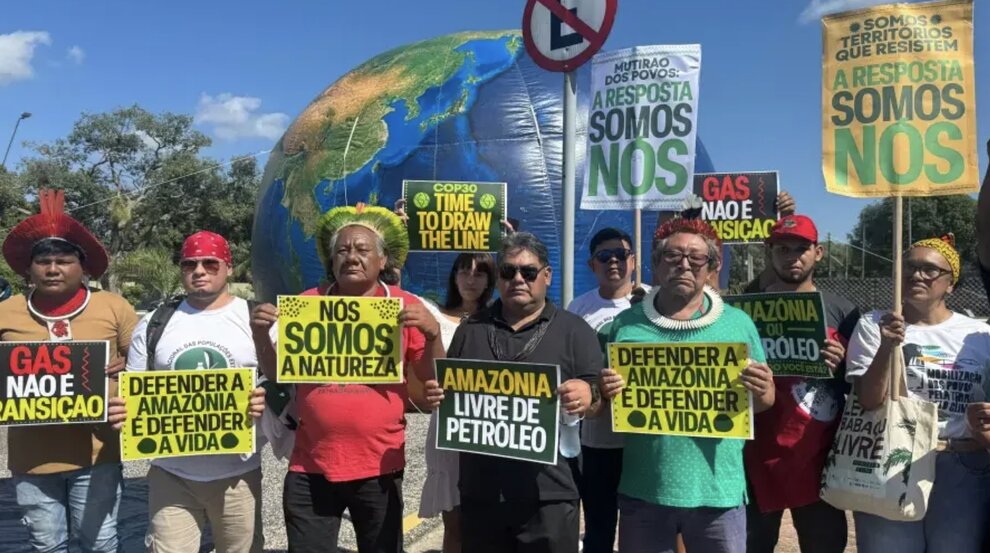Nationalism, Nation-building, and the Decline of Empires

Monday - 22 May
Seminars - @ Boston College Ireland
9:15 AM
Registration & Welcome – Jonathan Laurence
9:30 AM - 11:00 AM
Lecturer 1 – Alessia Passarelli
11:00 AM -11:15 AM
Break
11:15 AM - 12:45 PM
Lecturer 2 - Karen Barkey
12:45 PM - 1:45 PM
Lunch
1:45 PM
FMSH Practical Workshops*:
Group A: Sylvie Gangloff - Research Funding;
Group B: Francis Lemaitre - Research; Databases;
Group C: Remi Houlez - Using Media
3:45 PM - 4:00 PM
Break
4:00 PM - 5:30 PM
2 Thematic Student Workshops
Tuesday - 23 May
Seminars - @ Boston College Ireland
9:00 AM - 10:30 AM
Lecturer 3 - Mark Duncan
10:30 AM - 11:00 AM
Break
11:00 AM -12:30 PM
Lecturer 4 - Jonathan Laurence
12:30 PM - 1:30 PM
Lunch
1:30 PM - 3:30 PM
FMSH Practical Workshops*:
Group A: Sylvie Gangloff - Research Funding;
Group B: Francis Lemaitre - Research; Databases;
Group C: Remi Houlez - Using Media
3:30 PM - 3:45 PM
Break
3:45 PM - 5:15 PM
2 Thematic Student Workshops
Wednesday - 24 May
Seminars - @ Boston College Ireland
9:00 AM - 10:30 AM
Lecturer 5 - Mike Cronin
10:30 AM - 11:00 AM
Break
11:00 AM - 12:30 PM
Lecturer 6 - Cengiz Aktar
12:30 PM - 1:30 PM
Lunch
1:30 PM - 3:30 PM
FMSH Practical Workshops*:
Group A: Sylvie Gangloff - Research Funding;
Group B: Francis Lemaitre - Research; Databases;
Group C: Remi Houlez - Using Media
3:30 PM
Walking tour and Dinner at Pub TBD for Students and Speakers - Leave from BCI
* The practical sessions organized by the FMSH will be on the following:
1. Writing and disseminating research through sounds and images
2. Horizon Europe funding opportunities and recommendations
3. Databases as a tool for Social Sciences and Humanities. An introduction through MySQL
Thursday - 25 Ma
Conference - @ Freemason Hall
9:00 AM Welcome
Jonathan Laurence, Clough Center (Boston College), Giancarlo Bosetti, Reset DOC
9:30 AM - 11:00 AM - The burden of nationalism on the post-imperial landscape and in Europe
● Karen Barkey (Bard College)
● Robert Gerwarth (University College Dublin)
● Constantin Iordachi (Central European University) - Liberalism, Nationalism and Minorities: The Making
of Nation-State Citizenship in Post-Ottoman Balkans.
11:00 AM Coffee Break
11:30 AM - 1:00 PM - The Sick Man of Europe and neo-Ottoman ambitions
● Cengiz Aktar (University of Athens EKPA) - Observations on the illiberal outcome in the post-imperial
successor state Turkey
● Salim Çevik (German Institute for International and Security Affairs) - From Empire to Nation: Religious and Ethnic Pluralism in the Ottoman Empire and Turkey
● Johanna Chovanec (University of Vienna) [VIRTUAL]
1:00 PM - 2:30 PM Lunch
2:30 PM- 4:30 PM - Russian Nationalism and the “Russian World”
● Riccardo Cucciolla (Università degli Studi di Napoli - Orientale)
● Mark Kramer (Harvard University) - Putin and Putinism: Autocratic and Imperial Ambitions
● Marlène Laruelle (George Washington University) [VIRTUAL]
5:00 PM - 6:00 PM - 2 Thematic Student Workshops
Friday - 26 May
Conference - @ Freemason Hall
9:30 AM - 11:00 AM - The Soviet Legacy
● Anna Colin Lebedev (Université Paris Nanterre) - Memory and amnesia of the Soviet past in the Ukraine war
● Andrea Graziosi (Università degli Studi di Napoli Federico II) - Stalin's and Soviet Theory of Nationality and Nationalism: Intellectual Roots and Political Legacy
● Yaroslav Hrytsak (Catholic University of Lviv) - The Third Ukraine: A Case of Civic Nationalism
11:00 AM Coffee Break
11:30 AM - 1:00 PM - Habsburg: The conflict between identity and integration
● Marco Bresciani (Università degli Studi di Firenze) - Fascist Ideas, Practices and Networks of "Empire":Interwar Italy as Post-Habsburg History
● Pieter Judson (European University Institute) - Prison of Peoples? Conflict Management in Habsburg Central Europe, 1848-1925
● Clemens Ruthner - Bosnia-Herzegovina: (colonial and imperial) Lessons to be learned from the Habsburg Monarchy
1:00 PM - 2:30 PM Lunch
2:30 PM- 4:30 PM - The weight of nationalism and borders today
● Daniela Luigia Caglioti (Università degli Studi di Napoli Federico II) - Citizenship and nationalism: inclusion and exclusion in interwar Europe;
● Mike Cronin (Boston College Ireland) - Sport and Nationalism
● Yuli Tamir (Beit Berl College) [VIRTUAL]
5:00 PM - 6:00 PM - 2 Thematic Student Workshops
Saturday - 27 May
Conference and Seminars - @ Boston College Ireland
9:30 AM - 11:30 AM - Student Workshop Presentations
11:30 AM Coffee Break
11:45 AM - 1:00 PM - Roundtable: The changing balance among superpowers: nations and neo imperial ambitions
● Anna Colin Lebedev (Université Paris Nanterre)
● Andrea Graziosi (Università degli Studi di Napoli Federico II)
● Pieter Judson (European University Institute)
● Mark Kramer (Harvard University)
● Mark Lilla (Columbia University)





